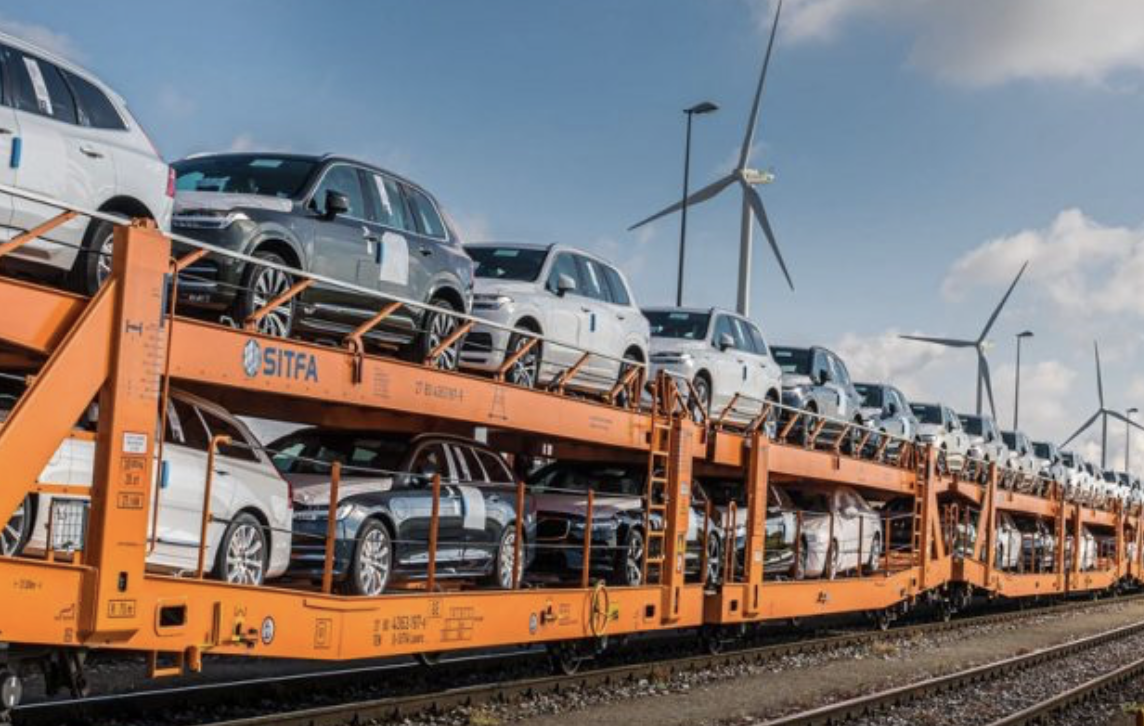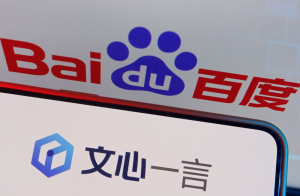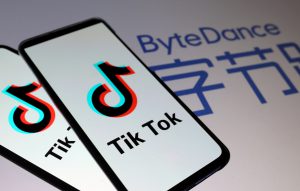(ATF) Zhejiang Geely Holding Group (Geely Holding), which acquired Volvo in 2010 and has been China’s top-selling homegrown brand for years, has been making headlines in the last two months.
On January 11, the automaker founded by Chinese businessman Li Shufu announced it would let China’s search engine giant Baidu Inc develop cars on its electric vehicle-focused platform.
Then, just two days later, Geely announced another tie-up with Foxconn, the iPhone assembler for Apple, to provide contract manufacturing services for automakers and ride-sharing companies.
One of Geely-Foxconn’s first customers appears to be EV maker Faraday Future, as Geely announced at the end of January that it had signed a framework agreement to offer technology and engineering support to Faraday Future, and had become a minority investor in Faraday Future’s listing.
For many market observers, why Geely – China’s top-selling homegrown brand since 2018 – is becoming an “EV assembler”, in a manner similar to Foxconn being the manufacturer of iPhones for Apple, has become a burning question.
Geely founder Li Shufu said the company is happy to enable Baidu to make electric vehicles, and to assist Foxconn with its auto contract manufacturing business, as it helps both the companies “pursue their dreams”.
Industry professionals told Asia Times Financial that Geely is also benefitting from these relationships, saying the tie-ups will offer synergies – that is, benefits for both sides.
“As we see it, it is becoming a trend that traditional car markers make cars for tech companies like Baidu and Apple. Geely has become a pioneer and set up a cooperation model. It is grabbing first-mover advantage in this area,” Zhang Xiang, an auto analyst with a Ministry of Industry and Information Technology-affiliated think tank focused on new energy and connected vehicles, told ATF.
China’s auto industry looks likely to have excess capacity, with many carmakers not able to fully utilise their production potential when sales drop, Zhang said.
Geely lost its spot as the best-selling homegrown brand to Changan Auto last month, according to data released by China Automobile Dealers Association.
‘Deep pockets’
“The internet companies, with deep pockets, are keen to enter the EV sector. For Geely, partnering with the tech companies can help put its excessive production capacity into use, and at the same time gain experience in the hi-tech space. Besides, the companies that team up with Geely are all well-renowned, which is good for the Geely brand. The partnership is really a win-win,” said Zhang.
Geely had announced an aggressive EV plan in 2015, aspiring for new energy vehicles (NEV) to account for over 90% of all of its car sales volume by 2020 and aiming to become a leader in the EV sector. NEVs include battery electric vehicles (BEVs) and plug-in hybrid EVs (PHEVs).
In 2019, Geely created a premium EV brand dubbed “Ji He”, and set up independent sales and service operations for the brand.
However, its electrification fell short of expectation. In 2020, Geely sold 68,000 NEVs, 40% lower than the previous year. The percentage of NEVs was only 5%, far smaller than the company’s ambitious plan.
According to data from China Association of Automobile Manufacturers, Geely fell out of the top ten NEV brands last year, and its NEV sales were far behind Tesla, BYD Auto and General Motors’ joint venture with Shanghai Automotive Industry Corporation (SAIC) and Wuling.
“Most of Geely’s EVs were made for its ride-sharing company Caocao. Private passenger EVs only account for a very small portion. The company’s performance in EV is far behind its goals,” Zhang said.
Speaking of Geely’s partnership with Faraday Future, which is planning an IPO through a special purpose acquisition company (SPAC), Zhang said the deal appears to be in preliminary stage but is already raising Geely’s profile.
Faraday: super-luxury model
Faraday Future was founded in 2014 by self-made billionaire Jia Yueting, whom many investors in Leshi Internet – which Jia also founded – still hold a grudge today after incurring huge losses in 2017, when the market value of the once high-flying tech conglomerate evaporated amid financial turmoil and an accounting scandal.
Faraday Future first announced in 2017 that it would build the FF 91, its fully electric vehicle, with the intention of launching it in 2019. However, it has delayed its production plans multiple times, due to a series of financing issues.
Last month, Faraday Future said it was still raising money and would start making FF 91 vehicles in around a year’s time once they had reached their funding target.
While the price of the FF 91 is estimated to be 2 million yuan ($309,600) for the China market, Zhang said it will be difficult for Faraday Future to make a profit in the short-term.
“This super-luxury model is mainly being launched for branding purposes,” Zhang said. “The sales volume is expected to be small. In our view, the company should develop EVs that cost below 400,000 yuan ($61,920) for its future product line-ups in order to make a profit,” Zhang said.
Geely acquired Volvo from Ford Motor Company in 2010 for just $1.8 billion, when the US carmaker was recovering from the global financial crisis.
This week, Geely and Volvo said they had put off earlier plans to merge, but the two will cooperate more closely on electrification, software and autonomous-driving technology.
ALSO SEE:
- Geely out to deal its way to the front of the EV grid
- Foxconn and Geely team up to make intelligent EVs for other companies
- Geely Auto seeks $3bn Shanghai STAR Market listing
- China pulls EVs over standards failures
- Toyota sees share surge after unveiling EVs for US market
- Tesla summoned to China regulators over technical, safety issues
- Baidu and Geely announce EV tie-up























